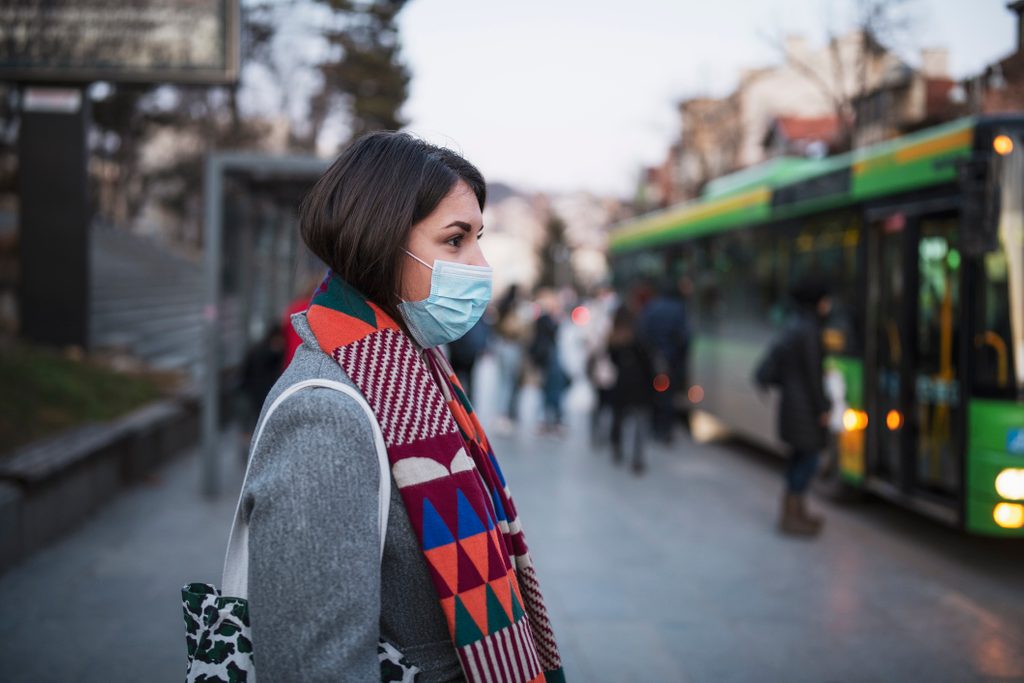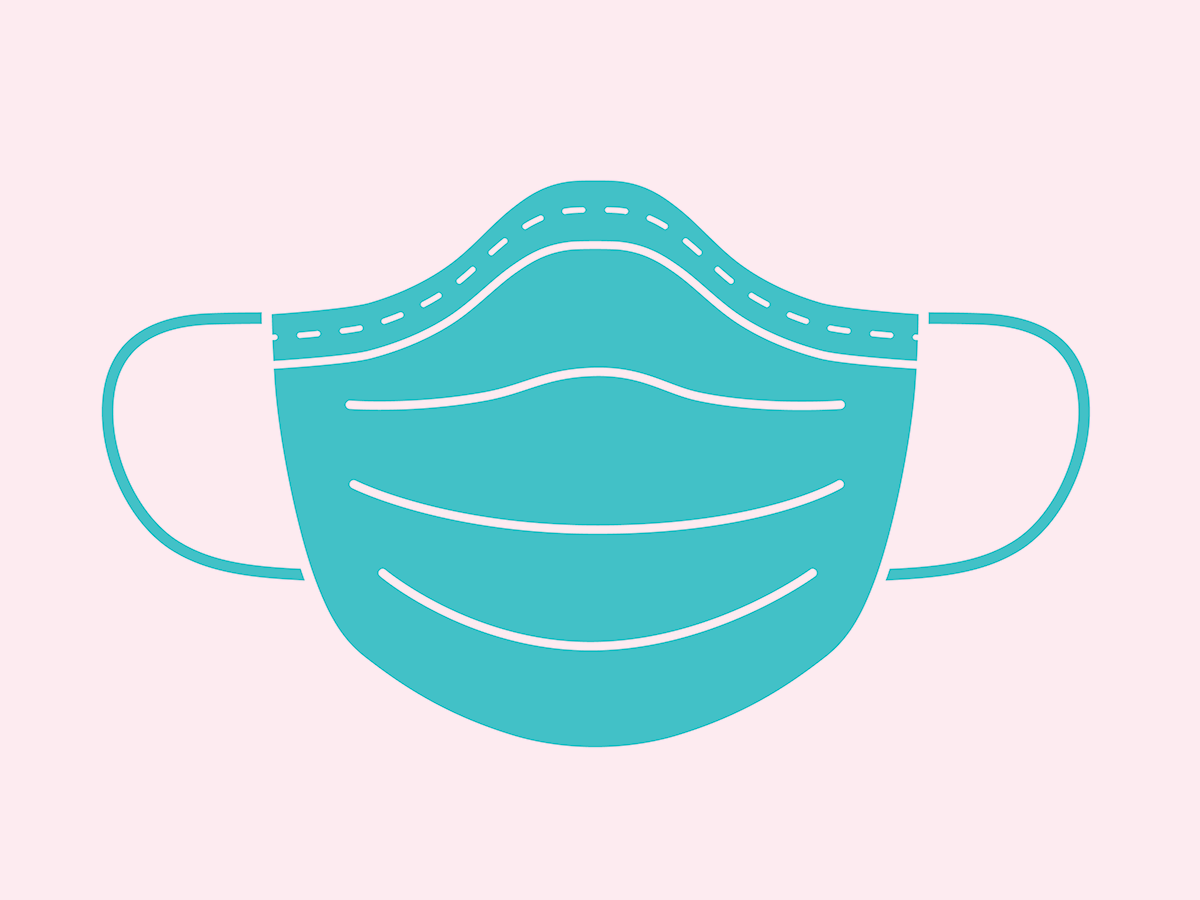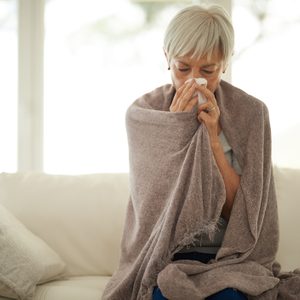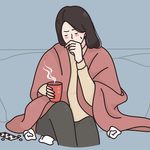9 Coronavirus Myths You Should Stop Believing

Learn to separate fact from fiction when it comes COVID-19. Medical experts share common myths about the coronavirus outbreak.
The coronavirus and the infection it causes, COVID-19, has rapidly spread to countries and territories all over the world. This family of viruses is not new. Other types, or strains, of coronavirus are common in animals and have been known to cause common cold-like symptoms in people. However, this particular strain of coronavirus, is new.
When the first cases were reported in 2019 in Wuhan, China, it had not been seen previously, making it a novel virus. Thus far, the coronavirus has infected approximately 90,000 people, killing more than 3,000, according to Johns Hopkins Center for Systems Science and Engineering map.
These numbers are likely to rise, according to Alexea Gaffney-Adams, MD, board-certified internist with additional subspecialty training in infectious diseases at Stony Brook on Long Island, New York. “There is no population immunity, which means everyone is susceptible,” she says. “Also, little is known about how long patients without symptoms are contagious, which makes the infection difficult to contain.” As a result, the World Health Organization (WHO) has declared the coronavirus a public health emergency of international concern.
But how worried should you actually be—and what are your chances of getting the coronavirus? There’s a lot of mixed messages and plenty of fallacies surrounding the hows, whys, and whats of the coronavirus. We asked medical experts to set the record straight by helping debunk these popular coronavirus myths.
Myth: Coronavirus is the most dangerous and deadly virus
Many other viruses have a higher mortality rate than the coronavirus, according to Ashish Sharma, MD, a hospital medicine specialist at Yuma Regional Medical Center in Arizona. Even the flu is thought to be more dangerous because so many more people get it each year. “According to the CDC, this flu season from October 2019 to February 2020 alone has seen 26 to 36 million people affected, with a quarter to half a million people getting hospitalized and fourteen thousand to thirty-six thousand deaths from influenza infection,” says Dr. Sharma. “Similarly, the Ebola virus has a much higher fatality rate compared to coronavirus, which so far seems to have a 1-2 percent fatality rate with severe infection.”
The flu mortality rate is thought to be lower than coronavirus, at about 0.1 percent, While the mortality rate for coronavirus is not yet clear (estimates range from 0.7 to 4% with about 2.3% the most frequently cited), the WHO and other health organizations says it’s still worth trying to contain the virus so that fewer people get it. That said, the majority of people—80 percent, according to CDC—who get it are thought to have mild symptoms, although it’s dangerous for some. In Canada, the public health risk of the virus is still considered to be low, although that can change at any time.
Myth: Coronavirus originated from “bat soup” consumption
There is no evidence to support this rumour, according to experts. It’s true that coronavirus can be found in bats. However, Dr. Sharma explains, this came from animal-to-person spread in the wet market (seafood- and meat-selling market) in Wuhan with other animal species. “There are different speculations, but the virus spreading from bat soup person has not been confirmed.” The rumour got its start from a 2016 video of a vlogger eating “bat soup,” which was recirculated after the coronavirus outbreak, prompting outrage. The video was not filmed in Wuhan, as some people reported erroneously, but actually the South Pacific island, Palau, she told News Corp Australia.
Myth: Wearing a surgical mask will protect you from the coronavirus
Certain models of professional, tight-fitting respirators (such as the N95) can protect health care workers as they care for infected patients, but lightweight, disposable surgical masks don’t go far when it comes to protecting the general public, says Nikhil Bhayani, MD, infectious diseases specialist at Texas Health Resources in Bedford, Texas. “They may provide some protection from large drops, sprays or splashes, but because they don’t fit tightly, they may allow tiny infected droplets to get into the nose, mouth or eyes,” he says. “Also, people with the virus on their hands who touch their faces under a mask might become infected.” The current recommendations for protecting yourself include washing your hands, avoiding touching your face.
Myth: There is medicine that can treat coronavirus
All viruses, including the flu, cannot be treated with antibiotics—and the coronavirus is no different. Additionally, none of the antivirals that are for treating other viral illnesses work for the coronavirus. What does work for common cold symptoms and mild viruses, explains Sharon Nachman, MD, chief of the division of pediatric infectious diseases at Stony Brook Children’s Hospital, is getting plenty of fluids, resting and staying home so that your friends and neighbours don’t get sick from you.
Myth: Spraying yourself with alcohol or sanitizing products can prevent infections from coronavirus
Some people believe spraying themselves with sanitizing products can help protect them from the coronavirus. This is untrue, according to Frederick Davis, DO, associate chair, emergency medicine at Northwell Health, Long Island Jewish Medical Center. “The coronavirus enters the body through mucous membranes like the mouth and nares, so spraying your body with alcohol, chlorine, or other surface disinfectants will not prevent infections,” he says. “While these substances can be effective means to disinfect surfaces and prevent transmission of viruses, the same chemicals on the skin can be harmful to a person and should not be applied in that manner.”
Myth: Eating at Chinese restaurants is likely to spread the virus
Chinese restaurants are seeing their businesses plummet. But, experts say there is absolutely no reason to stop going to your favourite food spots. “The virus is not racist and you shouldn’t be either,” says Caesar Djavaherian, MD, San Francisco-based emergency room doctor and co-founder of Carbon Health. “Coronavirus infects people of all ethnicities, not just the Asian community.”
Myth: Ordering or buying products shipped from other countries can make you sick
Researchers are studying the new coronavirus to learn more about how it infects people. Most viruses, like this one, do not stay alive on surfaces for a prolonged time period, explains Dr. Bhayani. “It is not likely that you would get COVID-19 from a package that was in transit for days or weeks,” he says. “The illness is most likely transmitted by droplets from an infected person’s sneeze or cough, but more information is emerging daily.”
Myth: You can get a coronavirus test at your physician or emergency department
So far, testing has been limited to individuals who travelled recently to countries with many COVID-19 cases or those who had been in close contact with someone who had the infection, but health experts are working hard to expand testing capabilities. “Canada’s National Microbiology Laboratory has implemented testing to diagnose COVID-19 from clinical specimens,” according to Health Canada. “The laboratory is working collaboratively with Canadian provincial public health laboratories to ensure there is additional testing capacity in multiple jurisdictions.”
Myth: You should not travel at all while there is a coronavirus outbreak
While Health Canada has issued guidelines for travellers going to China or Italy, as well as other areas that are seeing cases such as South Korea, Japan, and Iran, there is no travel ban of sorts for locations that are relatively unaffected by the coronavirus. (Cases have been reported on every continent except Antarctica.) In fact, the WHO advises against travel bans, noting that they tend to be ineffective when it comes to controlling outbreaks.
However, you should pay attention to travel advisories. “It is prudent for travellers who are sick to delay or avoid travel to affected areas, in particular for elderly travellers and people with chronic diseases or underlying health conditions,” says the WHO.
It’s important to remain vigilant of hygiene. Cover your mouth when coughing or sneezing and wash your hands frequently to prevent the spread of infection to others. However, there’s no reason to cancel your travel plans at this time, depending on your level of comfort with the possible risk, your personal health, and the part of the world you are travelling to.







